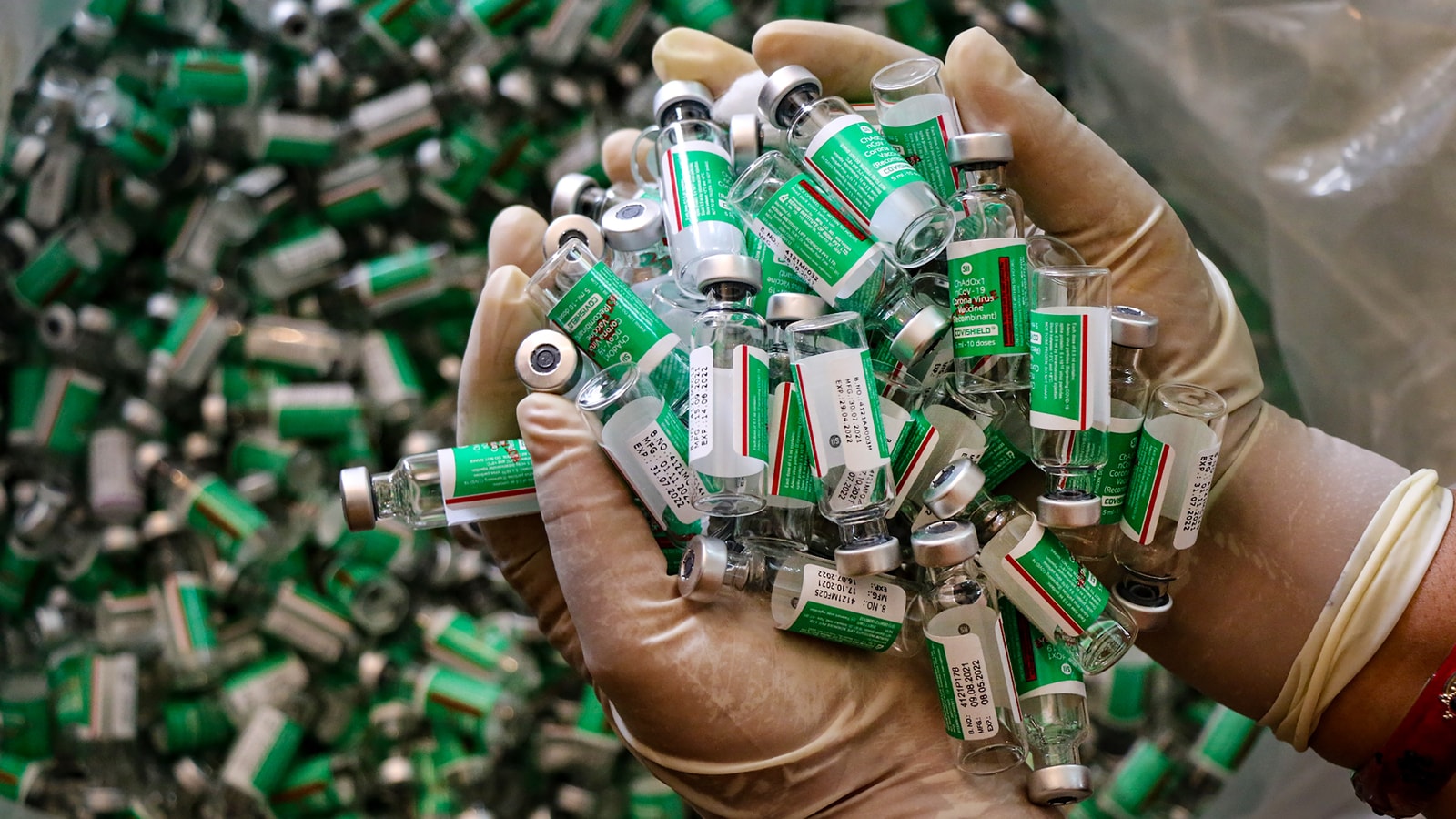Early intervention mobile app brings hope and services to children with disabilities…
According to a recent UNESCO report, in India, 72 per cent of 5-year old with disabilities have never attended any educational institution. Parents of children with disabilities face higher physical and financial demands and stress levels, than other parents, because of difficulties in getting qualified therapists, time required for taking the child to the therapy centres, physical burden, social stigma, discrimination in the community and/or within families, and the cost of such services.
Two recent studies conducted in rural India gives hope to millions of preschool children and their caregivers by showing that providing access to early intervention services improves school enrollment and integration for children with disabilities and reduces caregiver burden and increases family empowerment.
Amar Seva Sangam, a not-for-profit, non-governmental organization in South India, developed and implemented a family-centred, community-based early intervention rehabilitation programme called the mobile Village Based Rehabilitation – Early Intervention (mVBR-EI) to improve identification and access to early intervention therapy services for families with children under the age of six with developmental delays and disabilities. The program was implemented in eight rural locations (blocks) in the Districts of Tirunelveli and Tenkasi (population 3.1 million), State of Tamil Nadu (population 78 million) in South India.
“My child has improvements which means she can go to school and integrate in society,” says one of the parent. The program provides access to early intervention services in children’s own homes or nearby centres, using the award-winning mobile Village Based Rehabilitation – Early Intervention mobile app (mVBR-EI) developed by Amar Seva Sangam. The app helps connect Community Rehabilitation Workers to rehabilitation specialists and records all assessments, therapy goals and plans, prescribed interventions, caregiver measures, developmental progress, school enrolment and access to government services. Rehabilitation specialists support the Community Rehabilitation Workers and parents through joint visits, phone calls, text messaging, and live video conferencing. This connection and data monitoring allows high quality therapy to be provided in a child’s own home or nearby village centres.
The app and program have received global recognition including MIT- Solve’s Early Childhood Development prize in New York, USA, Spindle’s Most Inspiring Digital Innovation in Netherlands, World Cerebral Palsy Day’s Major award in Medical/Therapeutics in Australia, Zero Project’s Inclusive Education Award presented at the United Nations in Vienna, Austria, Nipman Foundation – Microsoft Equal Opportunities Awards 2019 in India and the Vodafone Mobile for Good Award in India.
“It is our vision that no child should be denied of schooling experience because of Disability,” says the Secretary of Amar Seva Sangam and the Principal Investigator Sankara Raman Srinivasan. An essential component of the program was education, training and support for the caregivers of the children receiving therapy in the program, developing care plans to prepare children for school enrolment and working with local schools on integrating children with disabilities into the classroom setting. Care plans focused on training caregivers on integrating therapeutic activities into their child’s activities of daily living, fostering positive attitudes, increasing knowledge of their child’s disability, and increasing confidence in caring for their child, to improve their child’s functional abilities.
(This story has been published from a wire agency feed without modifications to the text.)

